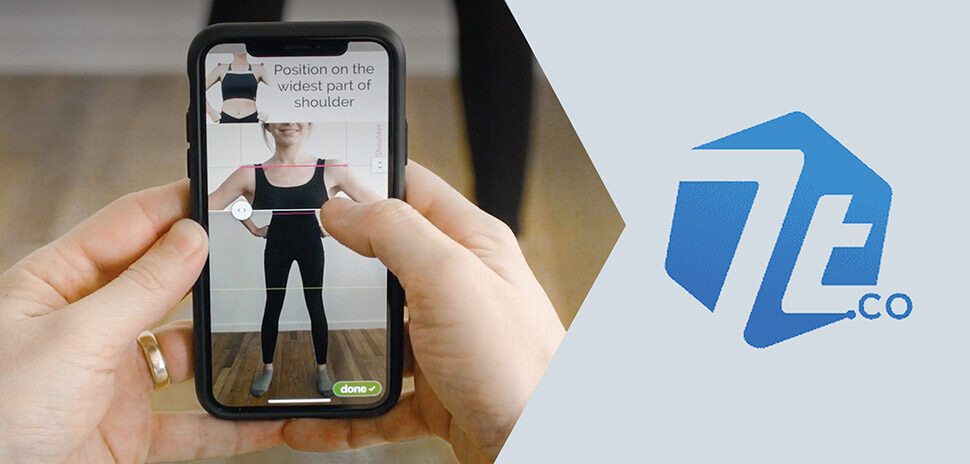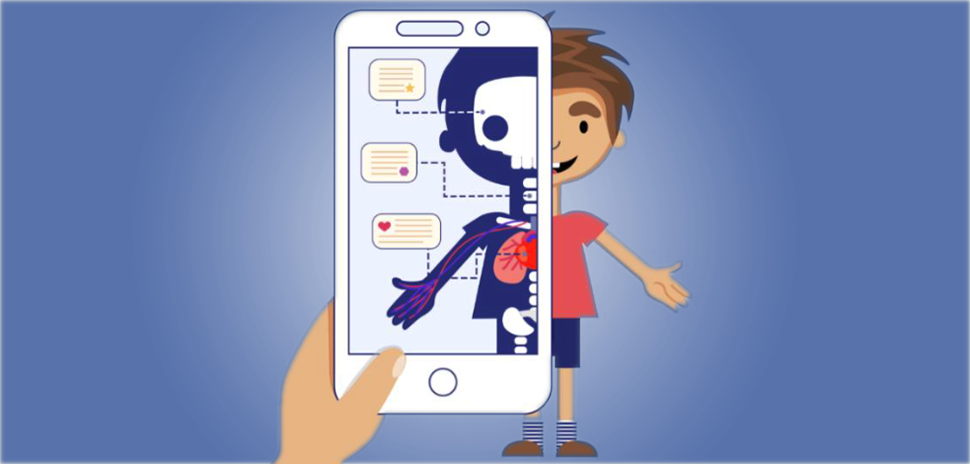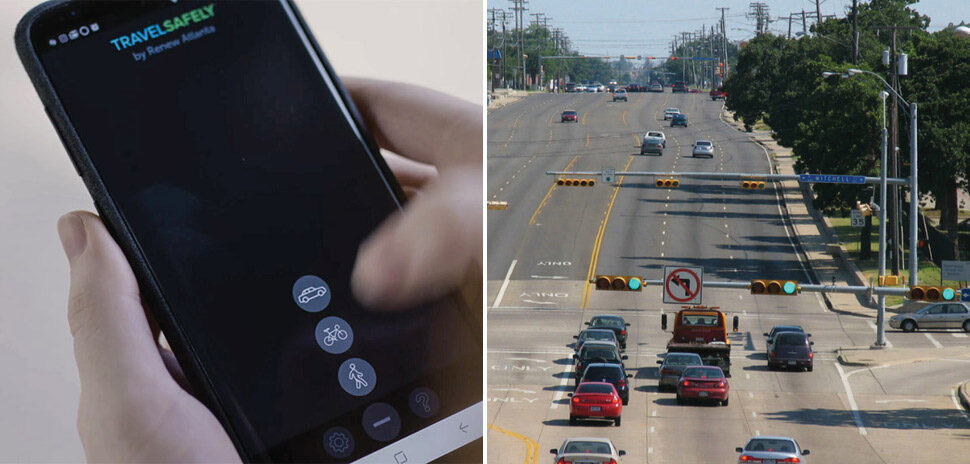A new app makes it easy for teenagers to find part-time jobs in their neighborhood walking dogs, doing yard work, babysitting or tutoring.
The Skratch app was developed in Dallas by Scott Bennett after he saw the challenges that teenagers have with entering the workforce in today’s economy. Too often, they are competing with overqualified adults who need that job in fast food or retail.

Scott Bennett
“They were just pushed out of the workforce,” said Bennett, the co-founder and CEO of Skratch. “It was exacerbated by the recession. This is a way to create opportunity in a neighborhood. It’s very similar to other demand economy businesses.”
The app officially launched in Dallas last week but was beta tested over the summer. These on-demand businesses are on the rise throughout North Texas from Booster Fuels to PICKUP.
Here’s how Skratch works: Adults can post jobs, or gigs as Bennett calls them, on the app where there’s already a set price for the type of work. The person posting the gig is called a seeker. Then, the teenager, or Skratcher, selects that gig, the two sides work out the details through the app and the work gets done.
The payment is handled through the app using either a bank account or Venmo, so there’s no checks or cash exchanged.
The app is designed for teenagers ages 14 to 19. The seekers must be 20 years or older. It’s available now in the 75248, 75254, 75252 and 75080 zip codes with plans to expand north and south of the Dallas North Tollway corridor. That’s mostly far North Dallas with some parts of Richardson and Plano.
Bennett wanted to start in the zip codes where he lives because of the socioeconomic makeup of the area and the high concentration of single-family homes.
SKRATCH HELPS TEENS NARROW DOWN JOB SEARCHES
Teenagers can search for gigs within five miles or narrow the search even closer.
The pay rate for the work is above minimum wage and obeys child labor laws, Bennet said. The Skratch app makes its money by charging a 20 to 30 percent fee for each job.
Bennett runs Skratch as a one-man show, though he has partners who help him with different aspects from the technical side to helping keep teenagers safe. All the adults who use the app are screened against the statewide sex offender registry.
The company raised nearly $1.2 million from private investors.

Lisa McCarthy
Lisa McCarthy’s background is in social work with teenagers so Bennett brought her on to be director of teen advocacy.
“We want to make sure we understand how they think, what sort of things get them motivated to do work,” McCarthy said. “I’m really working hard that everything that we do from our side of the app, make sure that we serve the teens the best.”
The teenagers get rated for their work, helping them establish a reputation and a work history that can be put on a resume. If all goes well, the gig could become a regular job every week or even three times a week.
“You will always be able to go back to that person to walk your dog,” McCarthy said. “You can set up a schedule every week.”
As far as taxes go, as long as the teenager earns less than $6,000 a year, are still claimed as a dependent, and don’t earn more than $600 from any single one person, they don’t owe any taxes.
If they do earn enough money to be taxed, the app automatically takes care of that and it will generate a 1099 form.
Though Skratch is starting out in a relatively affluent area, Bennett said ultimately he’d like to expand this to lower socioeconomic areas to help teenagers there find work.
For a daily dose of what’s new and next in Dallas-Fort Worth innovation, subscribe to our Dallas Innovates e-newsletter.






























